|
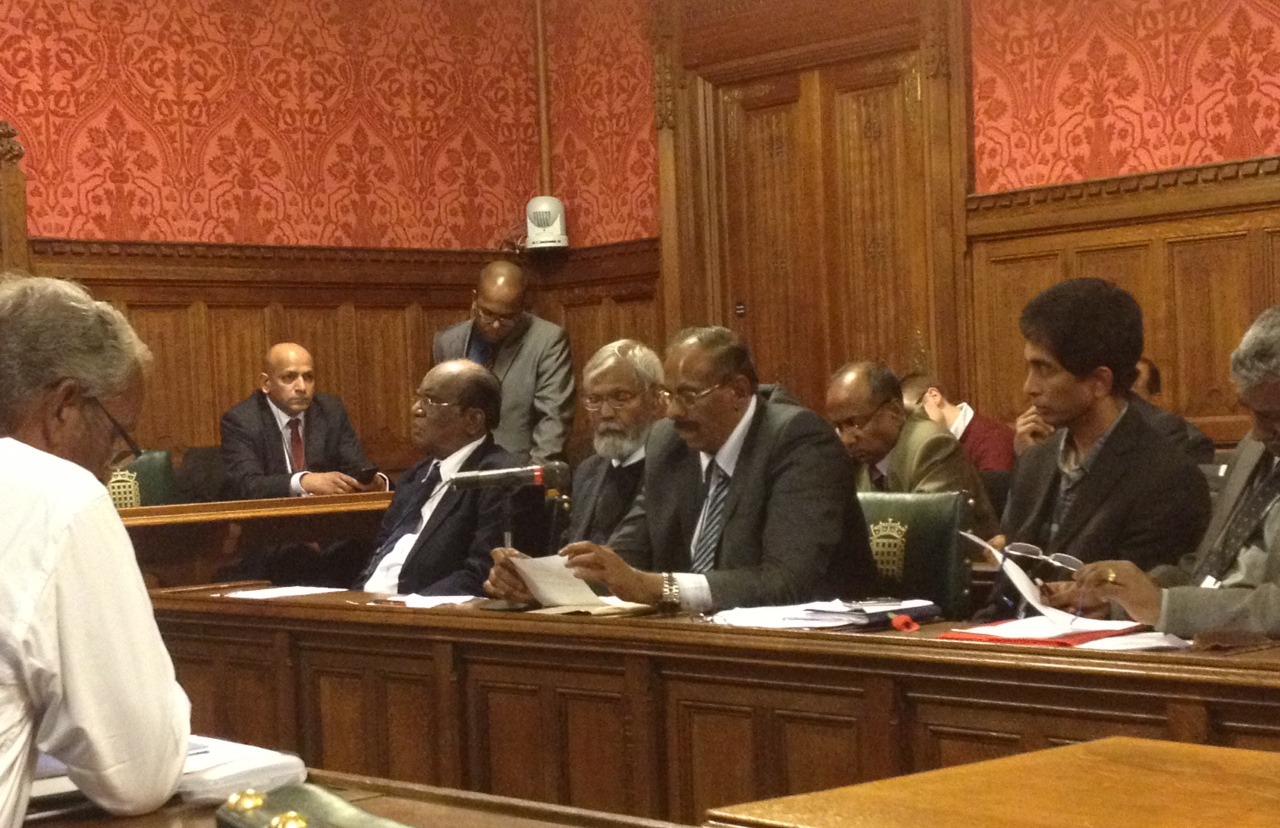
|
|
Mavai Senathirajah, TNA (central, speaking)
|
Delegates at the World Tamil Conference - including Tamil activists and politicians from the North-East and the diaspora, as well as politicians and civil society activists from Tamil Nadu - gathered at the British Houses of Parliament for a second day to discuss and endorse the resolution proposed.
The resolution put before the delegates, which received widespread backing on the first day, including by several British parliamentarians, called for an international, independent investigation into the allegations war crimes, crimes against humanity and crimes of genocide by the Sri Lankan state against the Tamil nation.
Specifically, the resolution urged the international community to push for four key points:
1) Take immediate steps to provide for space for free flow of information that would bring to light as to the ground realities prevailing in the North and East of the Island of Sri Lanka.
2) To stop decimation of the Tamil Nation by the Sri Lankan State.
3) To stop Sinhalisation of the Tamil traditional Homeland.
4) To demilitarise the Tamil People’s Homeland for the people to exercise their democratic rights free from fear of persecution.
Delegates from the North-East included Gajendrakumar Ponnambalam of the Tamil National People's Front (TNPF) and Mavai Senathirajah of the TNA. Gajendrakumar Ponnambalam urged Tamils both in the North-East and in the diaspora not to feel defeated in the wake of the events of 2009. Civil society activists from the North-East asserted that the it is the role of Tamils outside the island to articulate the aspirations of those back home, not merely to articulate just what is possible or be straddled by concerns of pragmatism, and urged the Tamil nation to move beyond the framework of the LLRC.
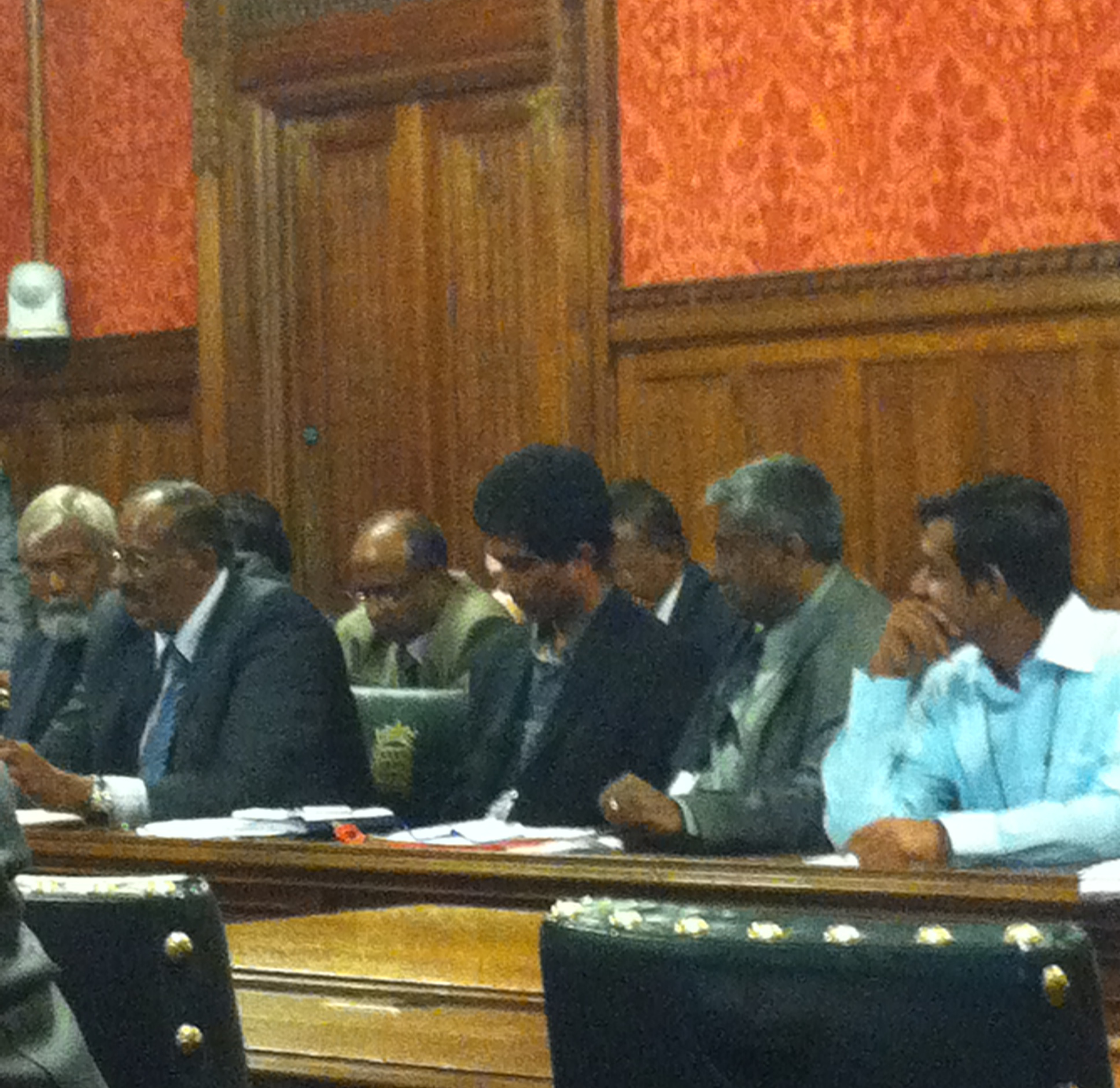 |
|
Seated left to right: T Gandhi of the May 17th Movement, Prakash Padayachi, Jude Lal Fernando, Mavai Senathirajah of the TNA
|
Diaspora organisations including co-hosts British Tamils Forum (BTF), Global Tamil Forum (GTF), USTPAC (United States Tamil Political Action Council), CTC (Canadian Tamil Congress), Tamil Youth Organisation (TYO) and the TGTE. In a written address, Father Emmanuel of the GTF highlighted the unique role that Tamil Nadu politicians need to place, and urged Tamil Nadu political parties to rise above electoral politics and lobby as a united body for the rights of the Tamil nation in the North-East. V. Ravi of the BTF also reiterated this, echoing the call on Tamil Nadu political parties to work decisively to lobby the central government in New Delhi.
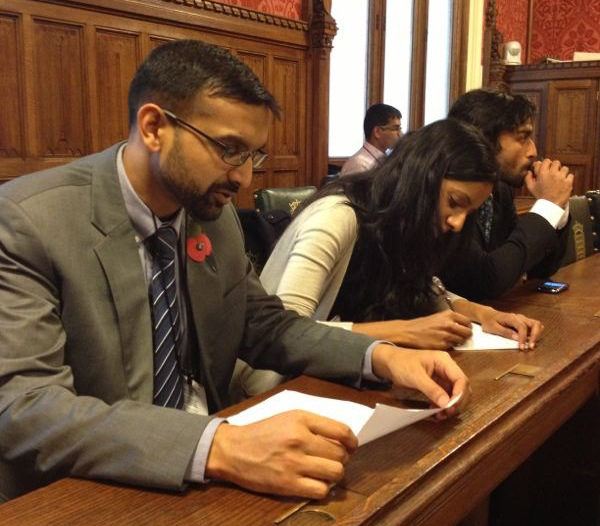 |
|
Delegates from the TYO
|
Welcoming the resolution as an "unanimous recognition that the situation is one of the genocide of the Tamil nation", the TYO questioned was critical of the resolution's fourth call on the international community stating,
"The statement implies that demilitarisation of the North-East would lead to Tamils being free from the fear of persecution. The TYO believes that given the long history of genocide, so long as the Tamil nation is within a united Sri Lankan state, it cannot be free of persecution."
"We also express concern that the statement implies that demilitarisation would lead to Tamils having democratic rights when in fact it was the failure of the post-colonial Sri Lankan state to secure the democratic rights of the Tamils which led to the conflict in the first place."
"A discrimination of the Tamils is enshrined within the Sri Lankan constitution. The militarisation is a mere consequence of the structural flaws within the unitary Sri Lankan state. Demilitarisation will thus not solve the problem in the North-East."
(See video here)
Representatives of Tamil Nadu political parties, including Thirumavalavan of the VCK, G.K Mani of the PMK and D. Raja of the CPI, and civil society activists, including representatives from May 17 Movement and Pasumai Thayagam, unanimously welcomed the resolution, and vowed to return to India with a renewed impetus to lobby New Delhi towards accepting the fundamental themes contained within it.




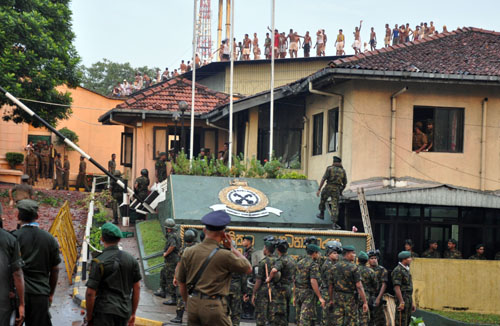

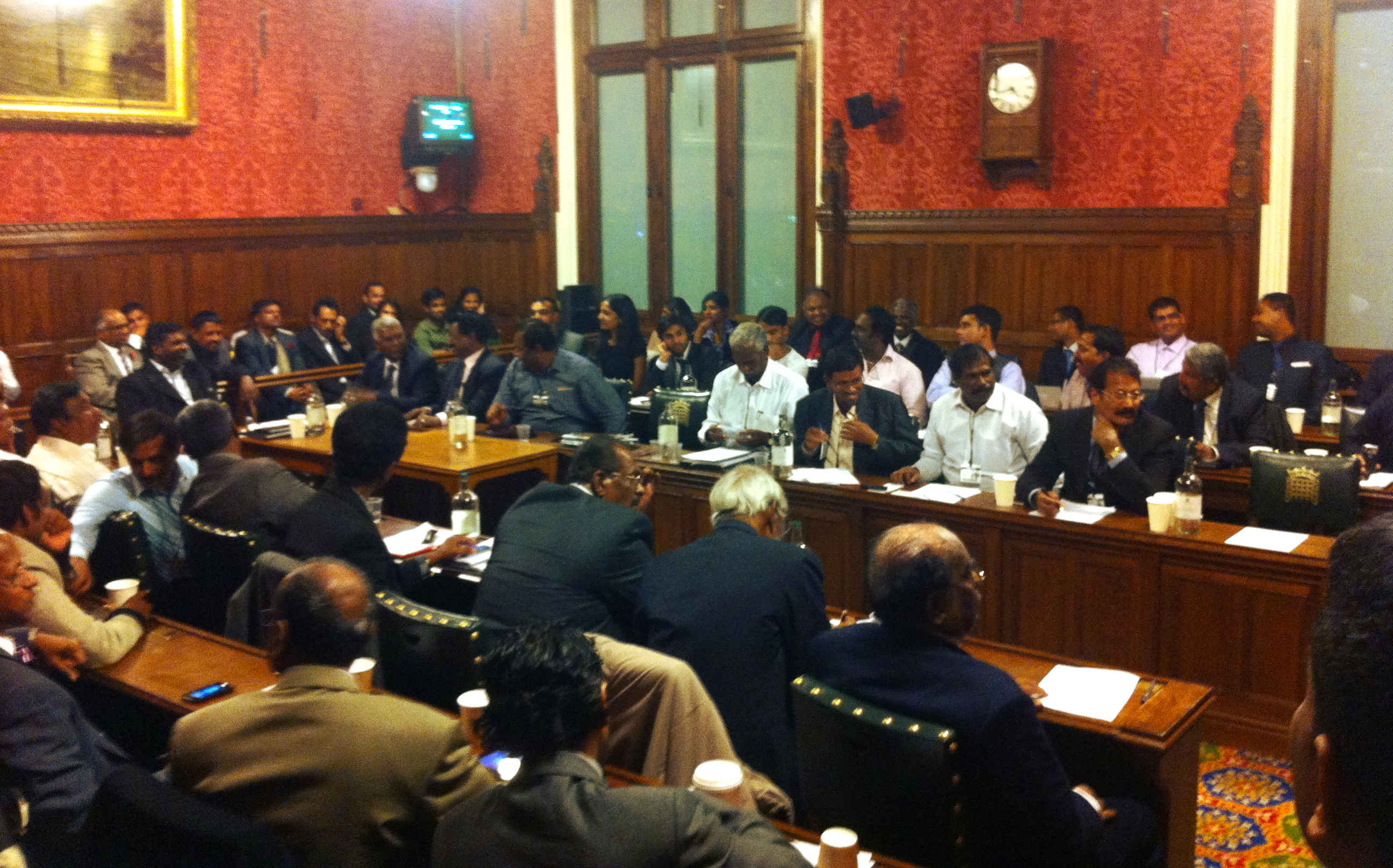


 Tamil Youth Organisation - UK have released a press statement on the recent review of Sri Lanka at the UPR.
Tamil Youth Organisation - UK have released a press statement on the recent review of Sri Lanka at the UPR.